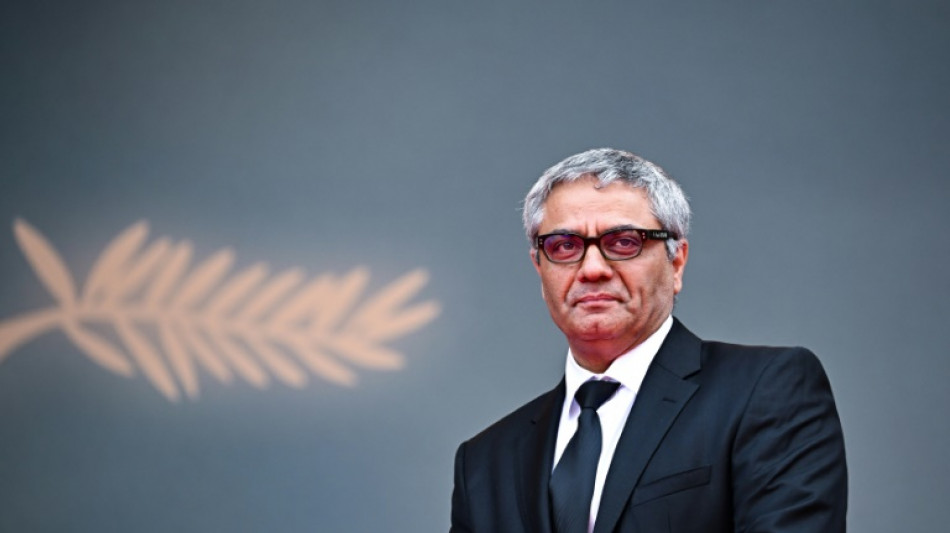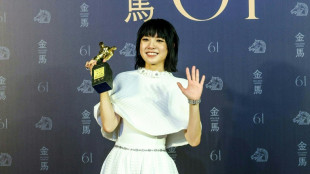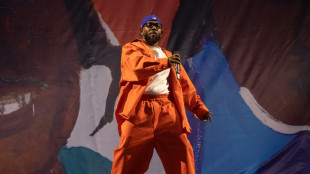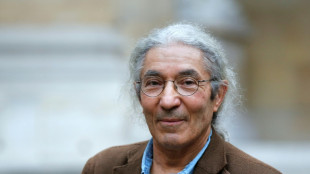

Rasoulof: how I learned to beat Iran's secret police
Iranian director Mohammad Rasoulof, who escaped Iran to premiere his new film at the Cannes Film Festival Friday, told AFP it takes 20 years of training to learn to make a good clandestine film.
Rasoulof, 51, filmed "The Seeds of the Sacred Fig", competing for the festival's top Palme d'Or prize, in secret in Iran as he had already been imprisoned twice for his uncompromising political work.
Facing another eight-year prison sentence, he fled Iran on the eve of the festival and received a long standing ovation and rave reviews when he appeared in Cannes on Friday.
He spoke to AFP about his ordeal.
Question: How do you film clandestinely in Iran?
Answer: It takes 20 years of training to learn that. Otherwise anyone could make a good clandestine film!
The more you spend time with interrogators, the secret police, the more you learn how to thwart them.
They show you your emails, so you learn how to write them. They show you your bank statements, so you learn when you should not have used your credit card. Each time, by hanging out with them, you learn how they found you, and how to make sure they don't find you next time.
I admit that it has a bit of a gangster side, my business. But prison is a good place to learn these things.
Question: You held up photos of two of your actors in Cannes...
Answer: The entire team remaining in Iran is threatened, worried, whether it is my cinematographer, my set designer, costume designer, makeup, everyone.
Everyone who worked in this team and for this film is currently the target of this intimidation. I chose these two actors as the symbols of this team because I only have two hands.
Question: What can protect those who remain in Iran?
Answer: We need to exert political pressure on the Iranian regime so that it stops the repression and censorship against artists.
Simply, the fact of describing their situation, of saying what pressures they are going through, it's a good start.
It's perhaps a bit idealistic to think that this political pressure will come, but I'm convinced that it's the only way to achieve change.
Question: You said you hope the dictatorship will disappear. What is your hope?
Answer: About two years ago, when the campaign for women's liberation started, no one thought that after the death of Mahsa Amini (the woman whose death triggered the 2022 protests), people would demonstrate like they did.
The people of Iran are very angry, but they are waiting for an opportunity to show it.
Question: What impact will the death of President Ebrahim Raisi this week have?
Answer: There is always hope, but it is difficult to predict political events. I cannot. All I hope is that this change will come and that the Iranian people can breathe.
Question: What are your prospects now that you have left Iran?
Answer: I have no immediate plans to return to Iran, and I'm going to work, I'm going to make films, I'm going to get started on another project very quickly. Maybe a stop-motion animation project, or something else.
It's certain that I will very quickly draw inspiration again from my experience in prison.
L.Boyle--NG



